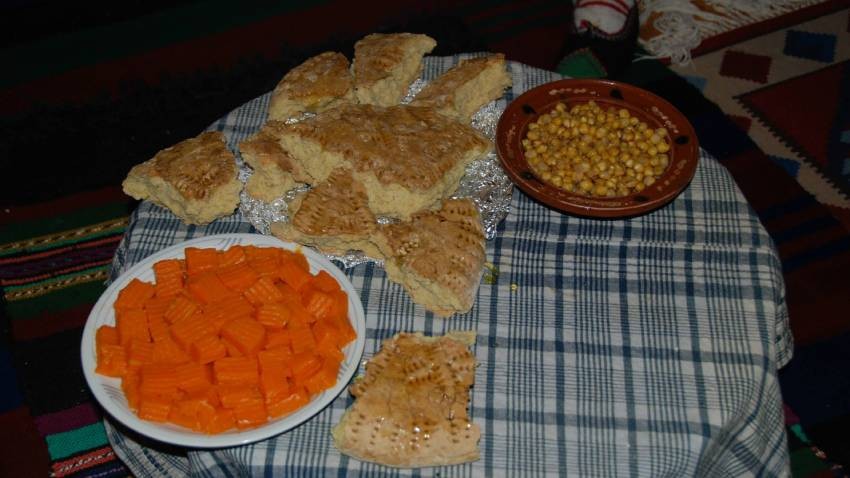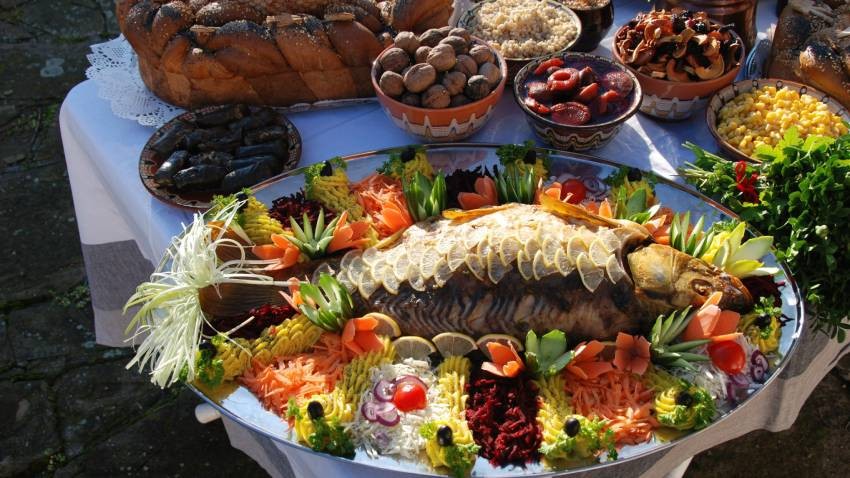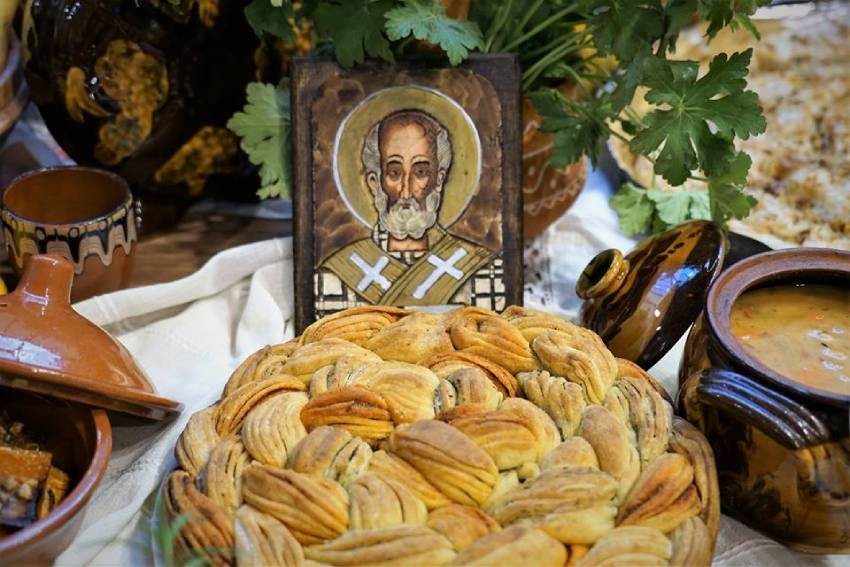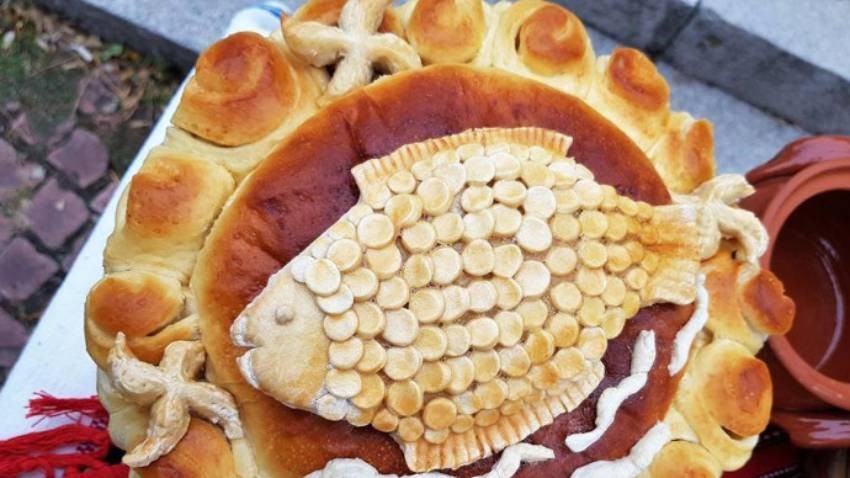December 4 is the church holiday of the Holy Great Martyr Barbara, celebrated by both Orthodoxy and Catholicism. Barbara was a girl from a noble family, beheaded for her Christian faith at the beginning of the 4th century. There is a belief that from Varvara to Ignatius the day "rises" like a needle's tip. It also "rises" from Ignacius to Vasil (from December 20 to January 1). On Varvara, day and night meet and become equal. The holiday is also called Varvaritsa, Varvarinden or Women's Christmas.
In traditional representations, Varvara is the patroness of children's diseases, and above all, smallpox, called by our people by taboo names: grandmother, aunt, sweet and honeyed. An evil, toothless and ugly grandmother - the image of the disease "paints" Varvara's portrait as well. In order to propitiate Baba Sharka (grandma Smallpox) and divert her from the children, the women prepared a ritual stew in which they put various wheat and bean seeds. They call it "varvara". Sweetened with honey, this stew is given to children, and also to neighbors and relatives. There is a belief that throughout the day the children should jump so that Varvara does not find them.




The second annual Bean and Sausage Festival promises to be an unforgettable celebration of flavour and folklore in Zhitnitsa , a village in southern Bulgaria. On 7 September, the grounds of the local equestrian centre will host food lovers..
The Regional Open-Air Ethnographic Museum "Etar" was established as a center for the study of the traditional culture of the Balkan Range people. Today, this unique site near Gabrovo serves as a place where customs and traditions from the Bulgarian..
From today until August 24, the 15th Folklore Costume Festival Zheravna 2025 is taking place in the Dobromeritsa area. Over 30 kaba bagpipers will kick off the event (8:00 p.m.), which every year gathers thousands of visitors dressed in..

+359 2 9336 661
